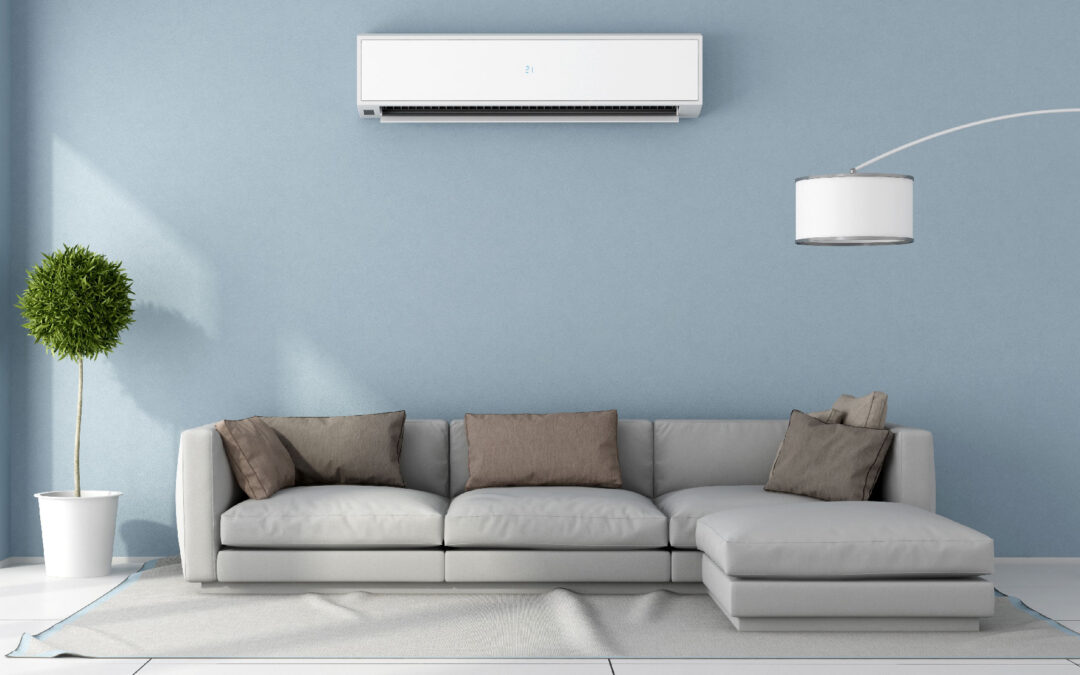Choosing the right air conditioning system for your home is a big decision. It’s important you’re guided by an experienced air conditioning technician to ensure the right system is installed. This article outlines the main things our team consider when helping clients choose the right system.
The type of Air Conditioning unit
The type of unit is the first thing we consider. Our team will provide expert advice on the pros and cons of each system to ensure your needs are met. The most common types of Air Conditioning system we install are:
- Split Systems: These systems are split into two parts; an internal unit mounted to the wall, and an external unit used to power the system. The benefit of a split system is it’s an affordable option with a relatively easy installation process.
- Reverse Cycle Split System: A reverse cycle system offers both heating and cooling options in a split system configuration. This is a perfect option if your home or business doesn’t have existing heating such as gas heating.
- Inverter Systems: Inverter Systems control the temperate of the air they produce rather than stopping and starting to maintain room temperatures. This is particularly advantageous as it heats/cools the room much quicker.
- Multi Split System: Multi-split air conditioners connect multiple indoor units to a single outdoor unit. The advantage is they require less ductwork when installed and can heat/cool multiple rooms. The disadvantage is internal wall units are required for each room being cooled.
- Ducted Systems: Ducted air conditioning works by channeling air from an external unit through a chain of ducts to every room in your home. The circulation of air is zoned; this allows you to adjust airflow and temperature for each zone, as well as turning zones on and off.
Power Requirements of your Air Conditioning Unit
The second thing our team take into consideration when assessing your requirements is how powerful the air conditioning unit needs to be. This assessment is critical as an underpowered unit will struggle to heat/cool your home and place unnecessary strain on the system. On the contrary an overpowered unit will use more energy and cost more in the initial purchase and installation.
Energy Efficiency & Maintenance
Running costs are another important thing we take into consideration. Air conditioners are rated on their energy efficiency using a ten-star scale. For units with cooling and heating functions, separate ratings are given for each. Some air conditioning units run more efficiently than others making them more affordable to run in the long term.

Recent Comments